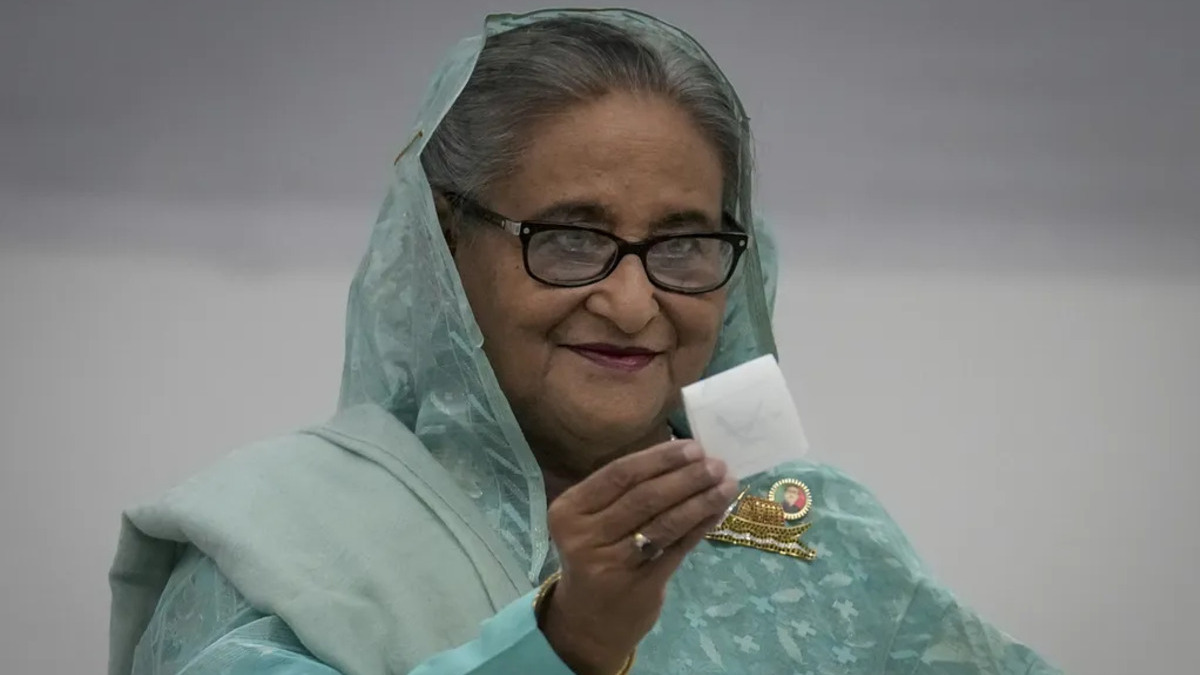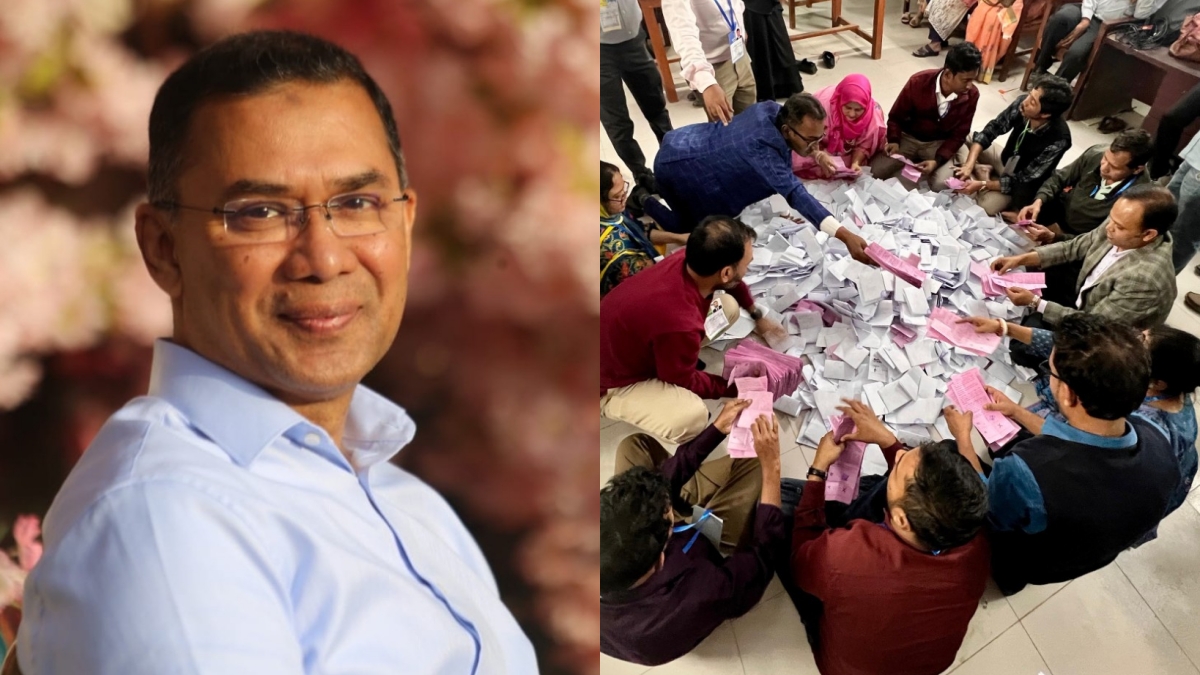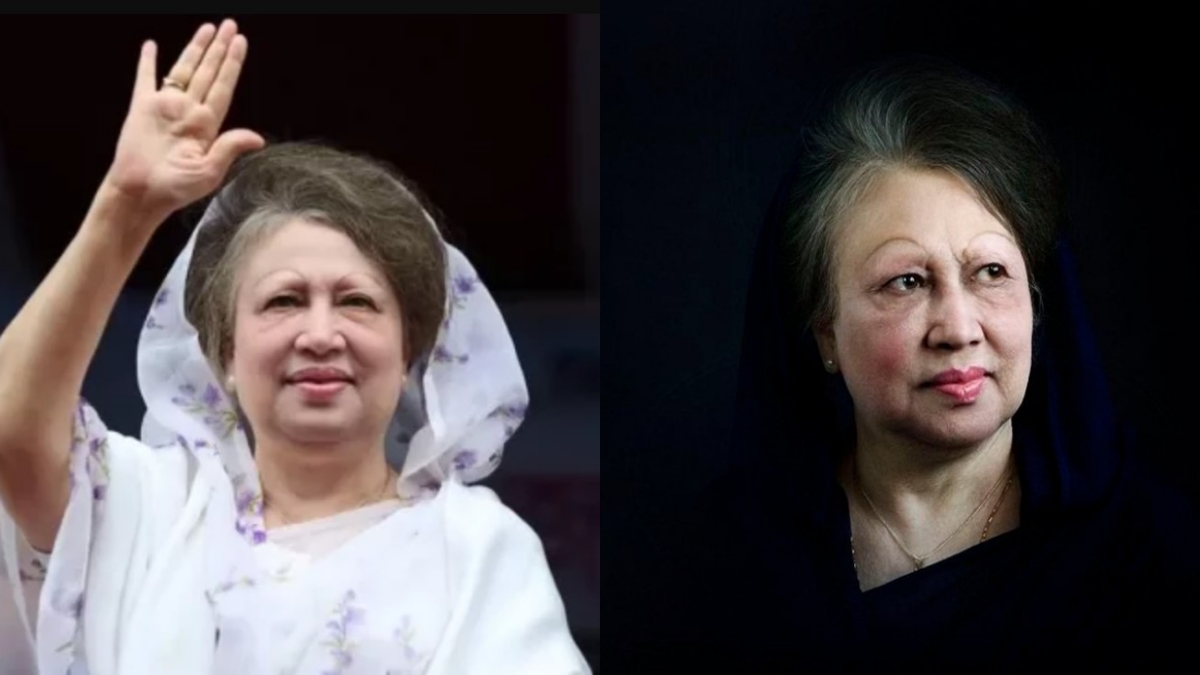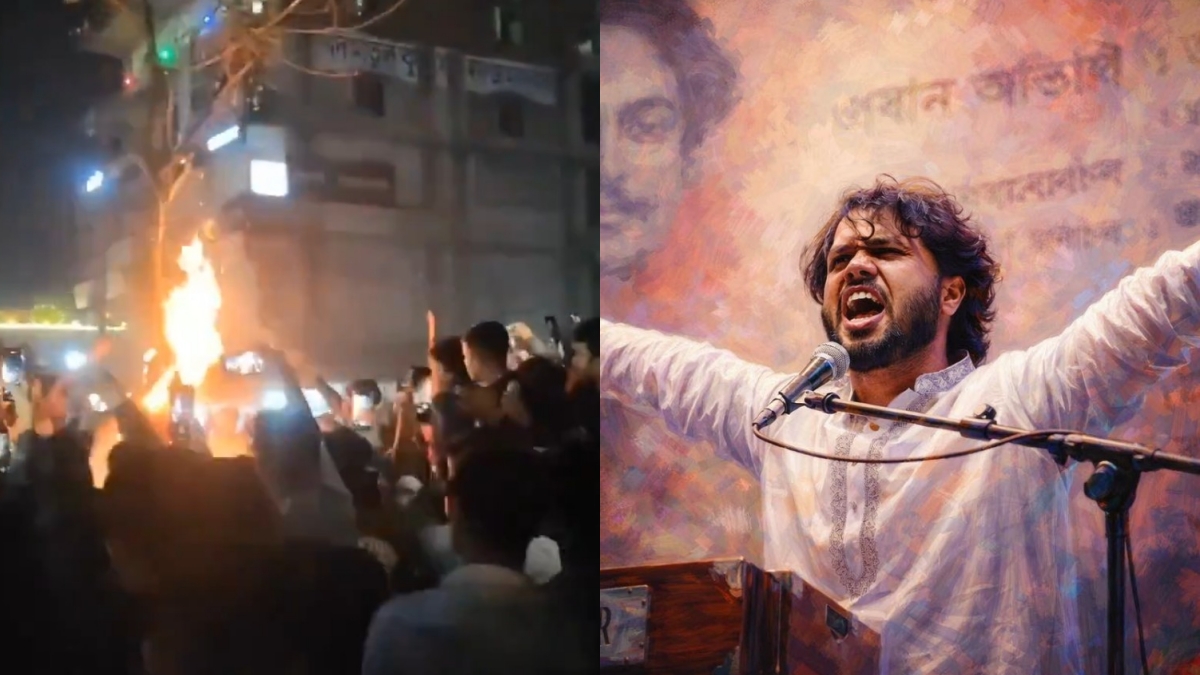Sheikh Hasina sentenced to death by Bangladesh war crimes tribunal
Bangladesh’s war crimes tribunal has sentenced ousted leader Sheikh Hasina to death for crimes against humanity linked to the 2024 student uprising, prompting fears of renewed unrest ahead of parliamentary elections.
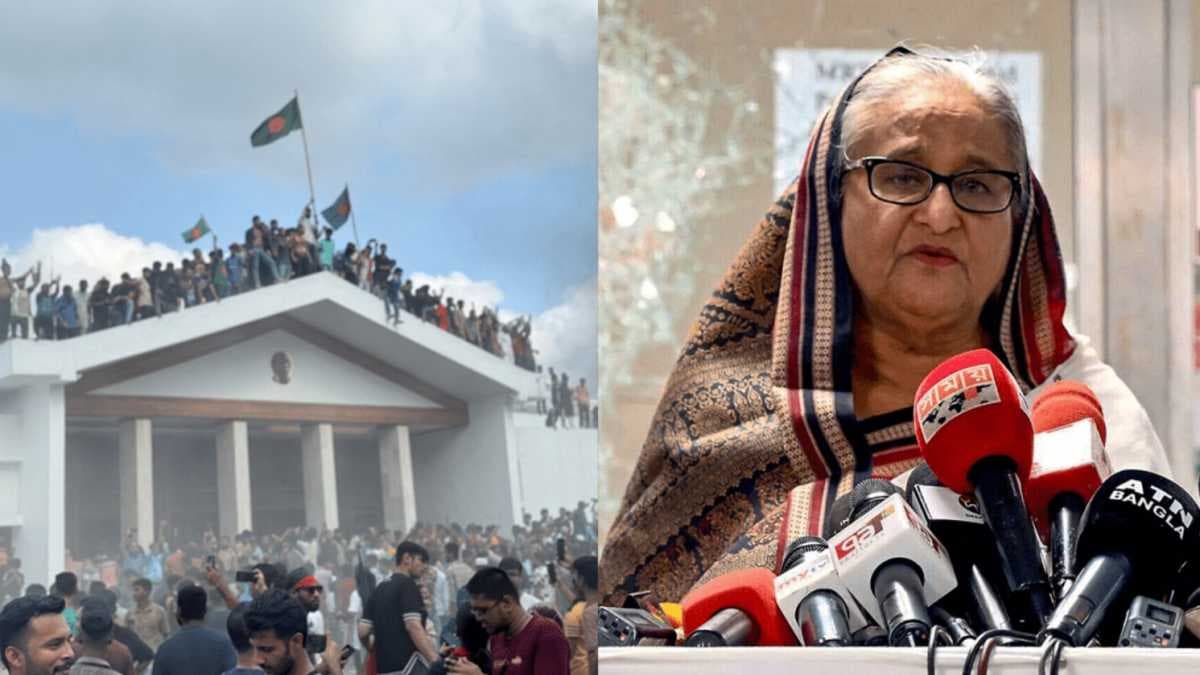
- Sheikh Hasina was sentenced to death by Bangladesh’s International Crimes Tribunal for crimes against humanity linked to a 2024 student uprising.
- The verdict, delivered in absentia, comes ahead of February elections and amid rising national tension.
- Hasina denies all charges, calling the process politically motivated and illegitimate.
Bangladesh’s International Crimes Tribunal sentenced ousted prime minister Sheikh Hasina to death on 17 November 2025 after convicting her of crimes against humanity linked to a lethal crackdown on a student-led uprising last year.
The trial concluded months of proceedings that prosecutors said uncovered evidence of her direct command responsibility during protests in July and August 2024.
According to the court’s ruling, she also received a life sentence under separate charges related to the same events.
The verdict was delivered in Dhaka under tight security and in Hasina’s absence after she fled to India in August 2024.
Her Awami League party has been barred from contesting the parliamentary elections expected in early February, raising concerns that the decision may heighten political tensions.
Observers noted cheering inside the courtroom after the death sentence was announced. The ruling may be appealed before the Supreme Court.
However, her son and adviser Sajeeb Wazed told media that an appeal would only be pursued if a democratically elected government took office with Awami League participation.
Hasina, who has remained in exile, said the tribunal lacked legitimacy and described the proceedings as “a politically motivated charade”, according to an email interview with Reuters.
She also said she had been denied adequate notice and meaningful opportunity to mount a defence.
She was represented by a state-appointed lawyer who pleaded for her acquittal, arguing that the charges were baseless.
A United Nations report estimated that up to 1,400 people may have been killed during the July–August 2024 protests, with thousands more injured, most by gunfire from security forces.
Prosecutors told the court these findings supported claims of a deliberate crackdown.
Security has been tightened nationwide, with authorities reporting at least 30 crude bomb blasts and 26 vehicles torched in recent days.
No casualties were recorded, but officials said they were prepared for further unrest following the verdict.
Hasina continues to argue she had no personal involvement in any lethal force used during the protests.
She warned in an interview that millions of Awami League supporters would boycott the February elections.
Bangladesh has been governed by an interim administration led by Nobel Peace laureate Muhammad Yunus since Hasina was overthrown.
While the country has remained largely calm, political stability has not yet fully returned.
On 17 November 2025, paramilitary forces were deployed across Dhaka and other major cities.
Security measures surrounded key government buildings and the tribunal complex as authorities anticipated potential disturbances.


